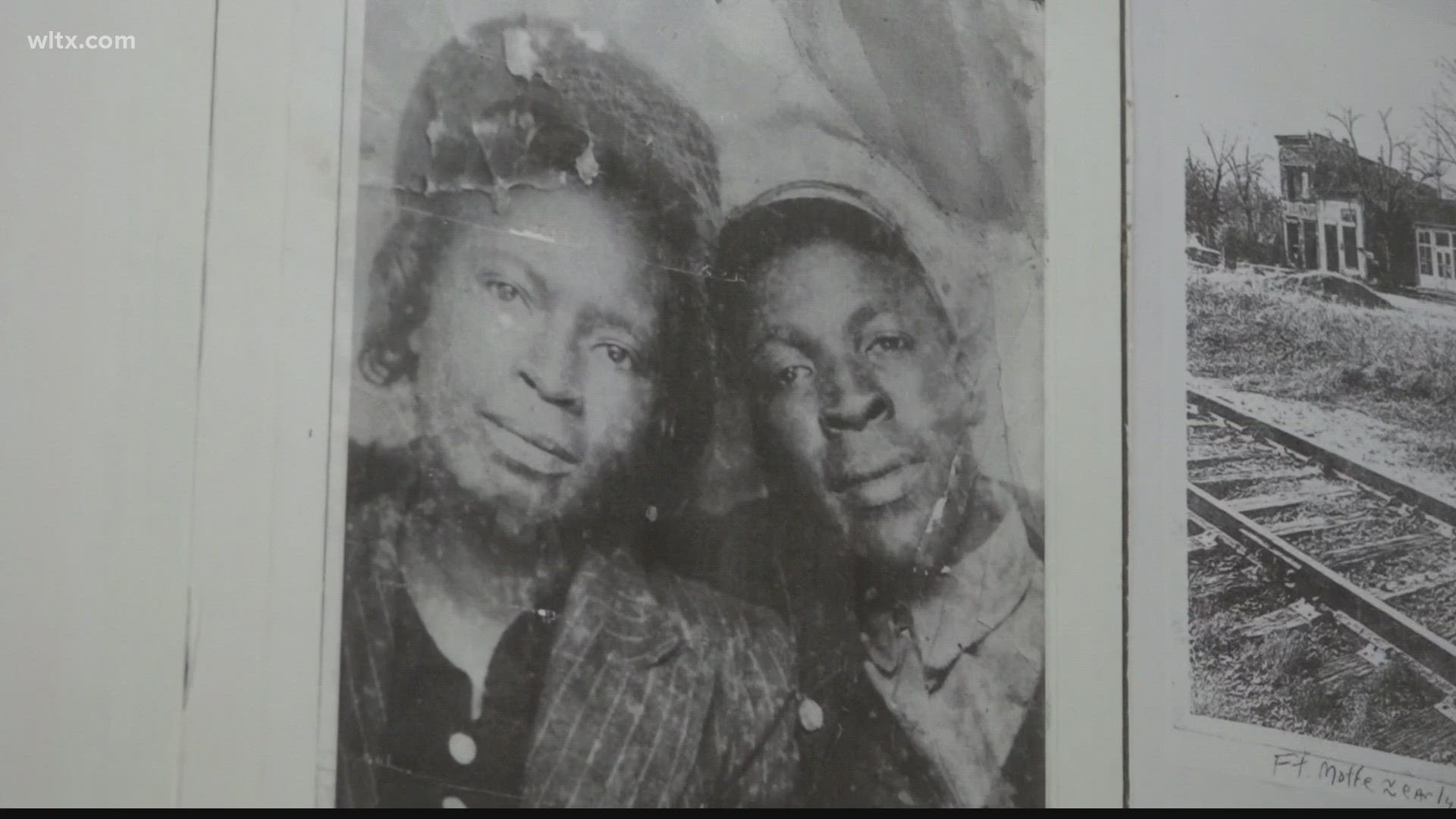CALHOUN COUNTY, S.C. — The Fort Motte community was established in 1875, at the tail end of the Reconstruction era. This small village in Calhoun County has a rich history with a historic Black presence, and one descendant is working to make sure it's not forgotten.
“We should not be waiting for other people to tell our story," said community historian Jackie Whitmore.
Whitmore's ancestors have lived in the community for generations.
“I, like a lot of other people was not born here, was not raised here, so I’m a descendant of this community. So being a descendant of this community, I think it’s important and it’s significant to do just that, to preserve the story and the legacy of our people as it relates to this community," said Whitmore.
In July, he opened a display with photographs, news clippings, and other artifacts donated from local community members to chronicle their stories. With the help of a group of descendants of the Lang Syne Plantation known as the United Family Reunion, there are now five historical markers in the community memorializing a historic black church and cemeteries.
The sites include Oakland Cemetery, Mt. Pleasant Baptist Church, Lang Syne Cemetery, Good Samaritan Cemetery, and True Blue Cemetery.
Mt. Pleasant was the first church organized by African Americans in the community. The Mt. Pleasant School educated black students from the 1870s to the 1920s after the Civil War.
“Trying to get documentation as they state, to verify the information that you have in the historical marker erected. The problem with that is there is very little to none for African Americans so the process of having a historical marker erected is cumbersome," said Whitmore.
He says he relied heavily on oral history and worked with the state department of archives and history through the process. During the process, Whitmore learned about the contributions of Fort Motte native Senator Samuel L. Duncan and Representative Edward Cain who represented Orangeburg County during the Reconstruction Era. Two memorial stones are now dedicated in their honor at the Lang Syne Cemetery and Senator Darrell Jackson passed a resolution in February to recognize their efforts on the state level.
Now, Whitmore is passing on the stories he's learned to the next generation.
“I want to impress other communities to do the same thing. Tell your own story.”

